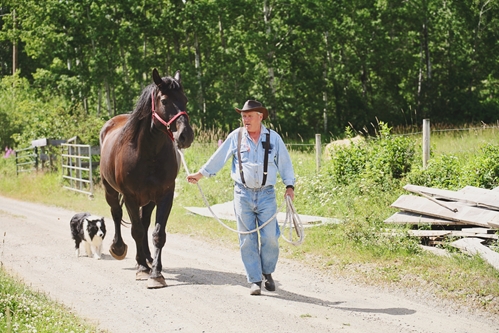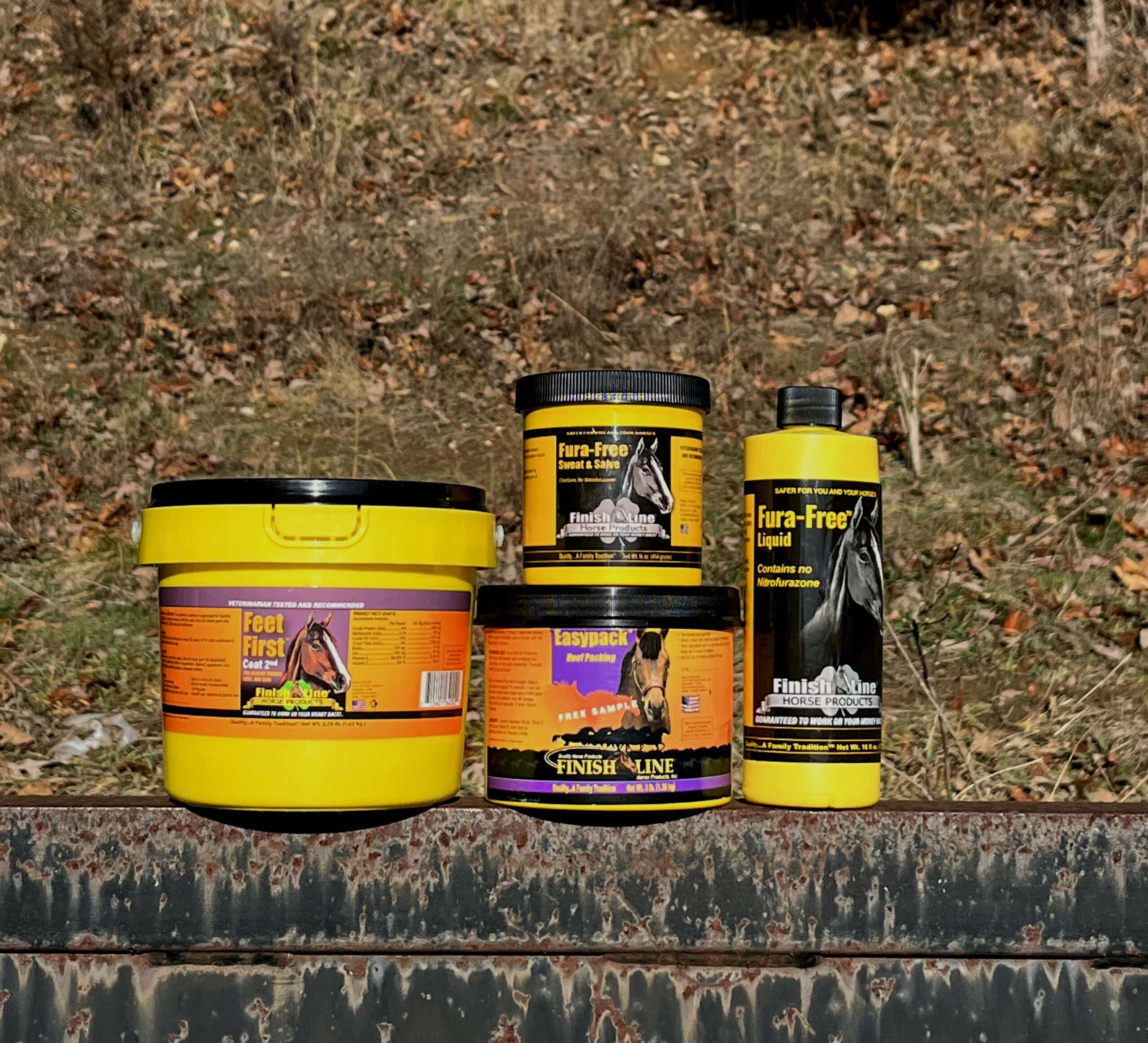Polysaccharide storage myopathy is a disease that damages the muscles of Quarter Horses, Appaloosas, Paint Horses and similar breeds. The condition alters the way sugar is stored in the equine’s body. In a healthy animal, insulin transports sugar in the form of glucose from the blood stream and into the muscles and liver. There, it is stored as glycogen and waits to be used as energy. PSSM interrupts this process, leading to elevated levels of glycogen and polysaccharides, an abnormal form of sugar, in the muscles. According to Horse Journals, an equine exhibiting symptoms of PSSM can have glycogen levels up to four times those of a healthy horse.
Understanding the condition
There are two types of PSSM. Type 1 is caused by a mutation of the GYS1 gene. According to Animal Genetics Inc., a mutation of the RYR1 gene can increase the severity of PSSM1. There are no genetic markers for PSSM 2, and veterinarians and researchers are still searching for its true cause.
The expression of PSSM is similar to a horse that’s tying up: stiff muscles, atrophy, difficulty moving the hindquarters, a tense abdomen and lethargy. An equine with the condition will usually show symptoms within 20 minutes of exercise. However, it’s possible for symptoms to occur without any physical activity.
In extreme cases, a horse will be in too much pain to stand. Such episodes are usually accompanied by dark-brown urine, which gets its color from the muscle proteins that are released into the bloodstream. Damage to the kidneys can occur at this point if the organ becomes dehydrated.
Managing PSSM
If you notice your horse starts tying up, stop exercising and call your veterinarian. If the episode happens during winter, blanket your horse to keep the accumulating sweat from chilling its body. Regardless of the temperature, give your horse fresh water to sip. You can add equine electrolytes like Finish Line’s Apple-A-Day if you suspect dehydration, evidenced by tacky saliva and a long capillary refill time.
A veterinarian may prescribe painkillers if symptoms are severe. In addition, he or she may order a genetic test or muscle biopsy to confirm your horse has PSSM as opposed to a separate muscle issue.
“A diet low in sugars in starches will prevent sugar from accumulating.”
There’s no cure for PSSM. As with diabetes in humans, a diet low in sugars and starches will prevent sugar from accumulating in the body. If necessary, you can soak forage to remove some of the sugar. If your horse needs additional calories for performance, you can gradually add fat to its diet.
Additionally, you can offer your horse supplements that support healthy muscle function before exercise. Finish Line’s JC’s X-Tie Up and Lacta Vite are both one-shot syringe solutions designed to promote muscle health and growth, while Muscle Tone does the same as a daily powder supplement.









